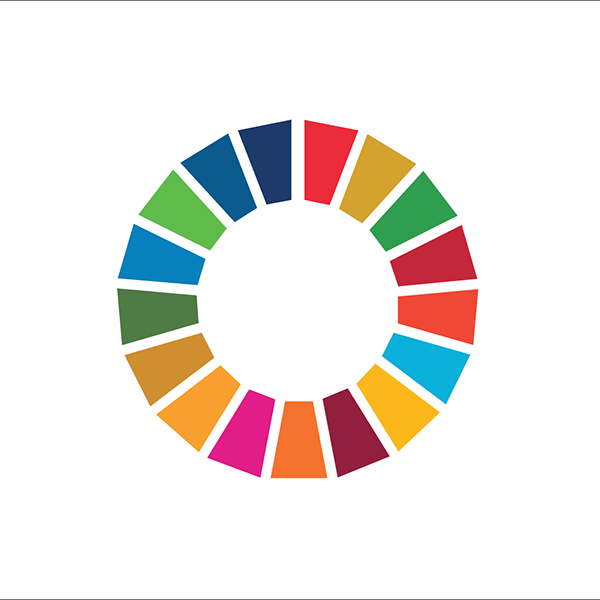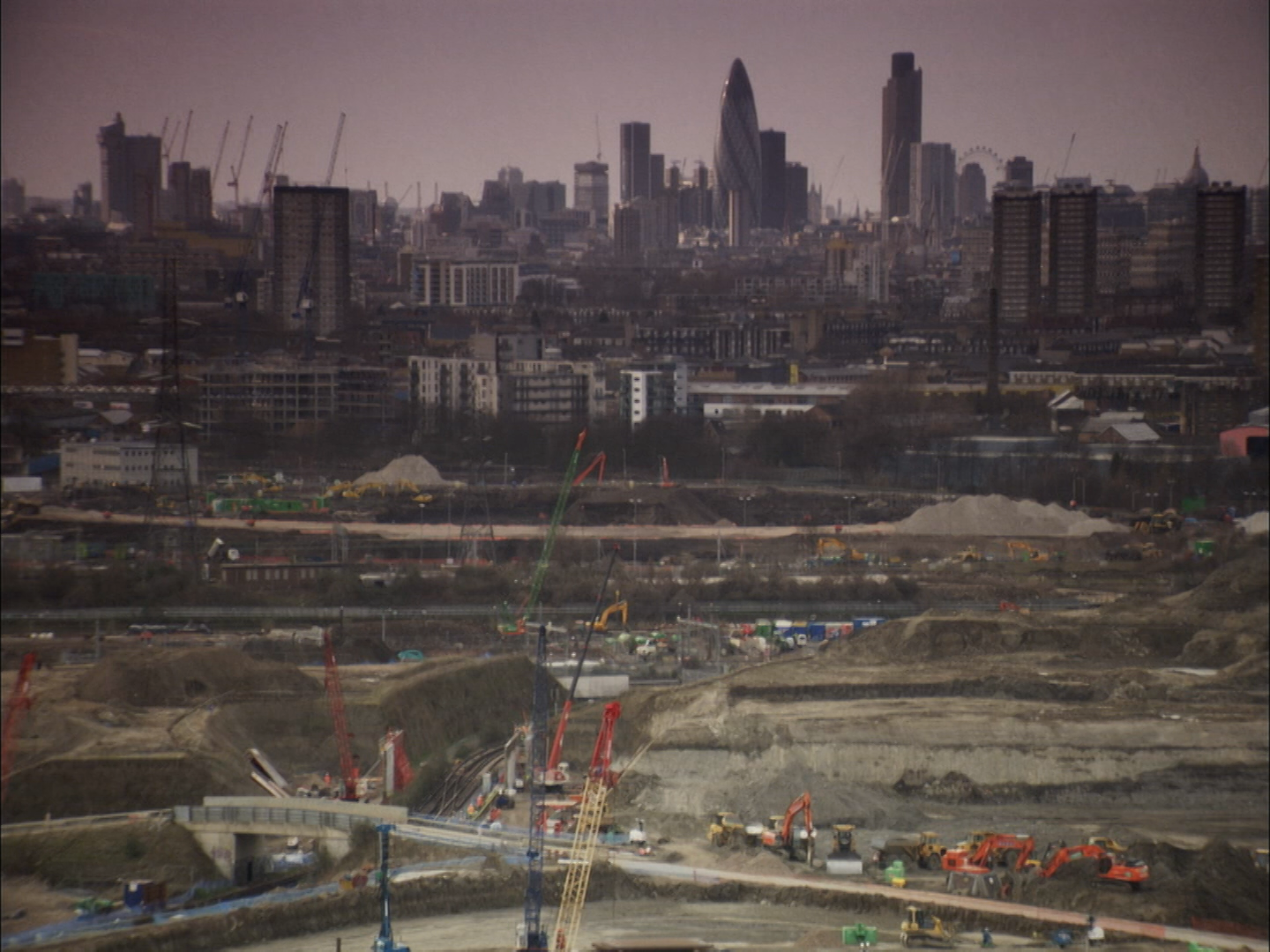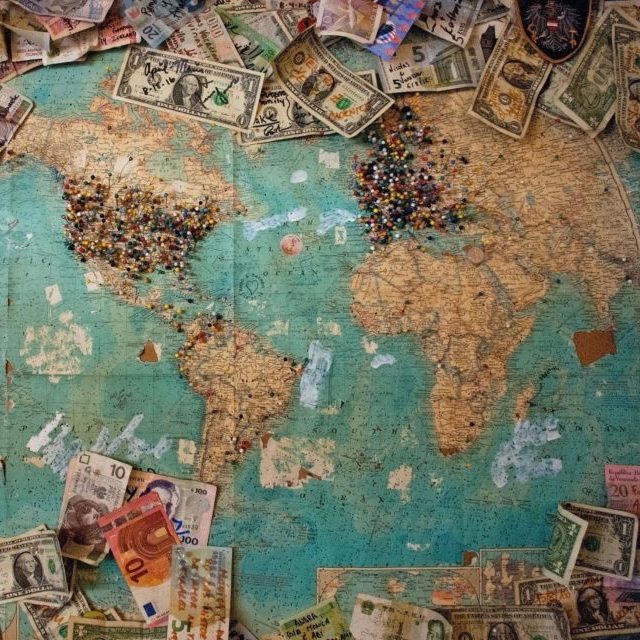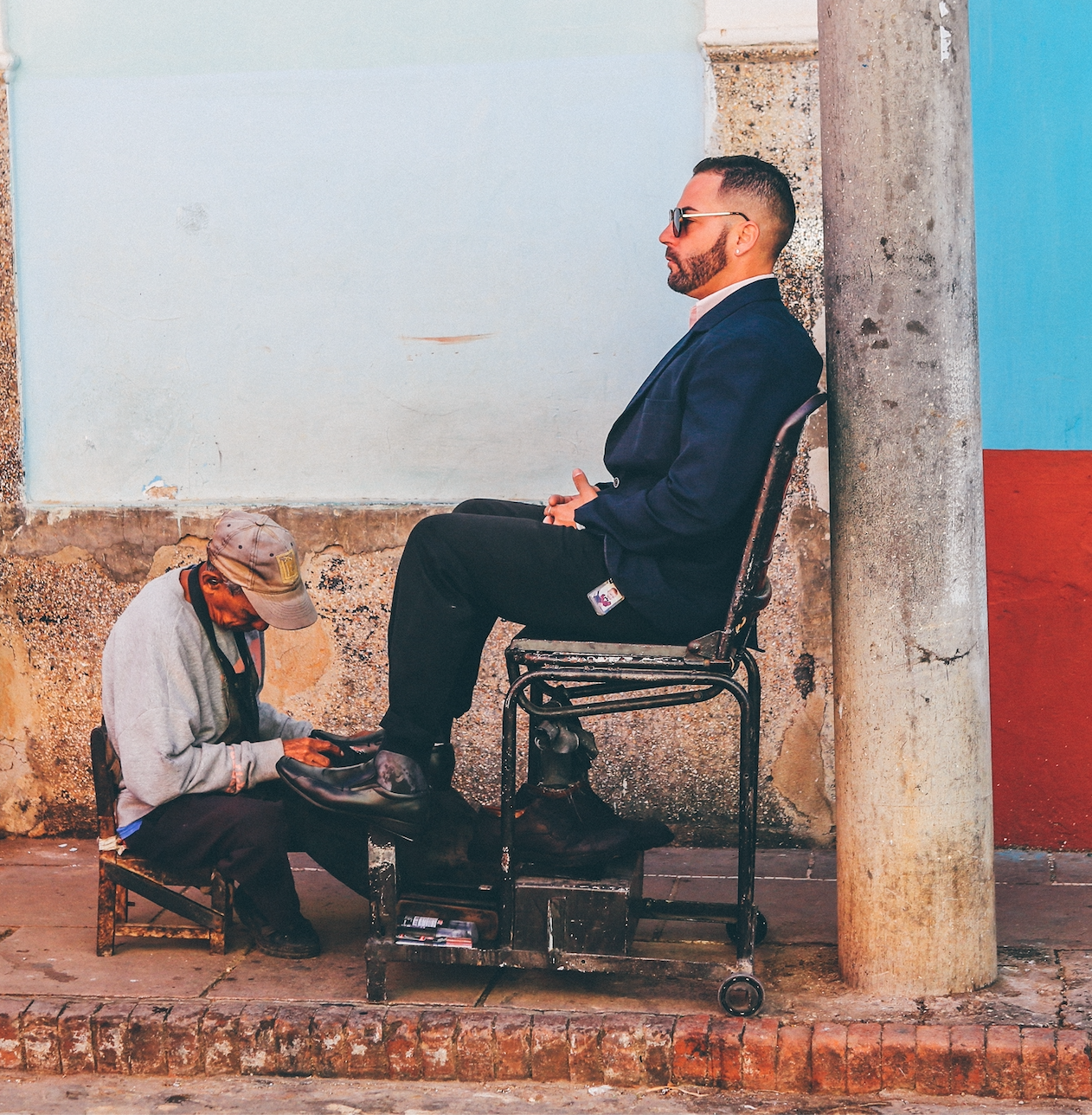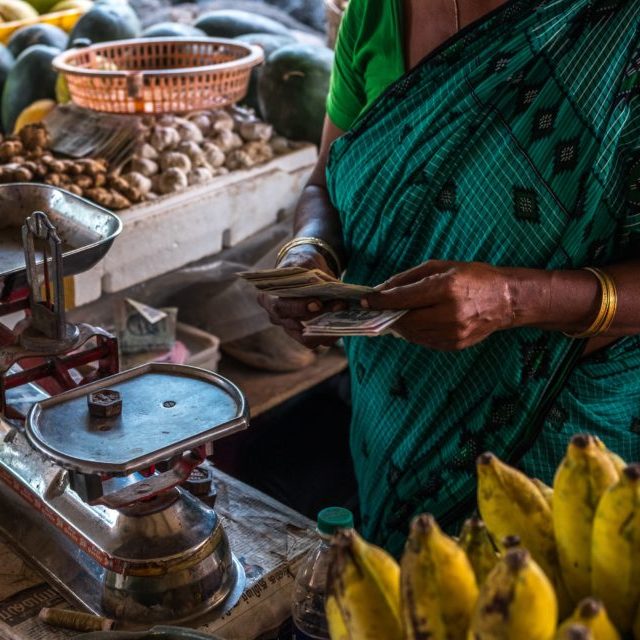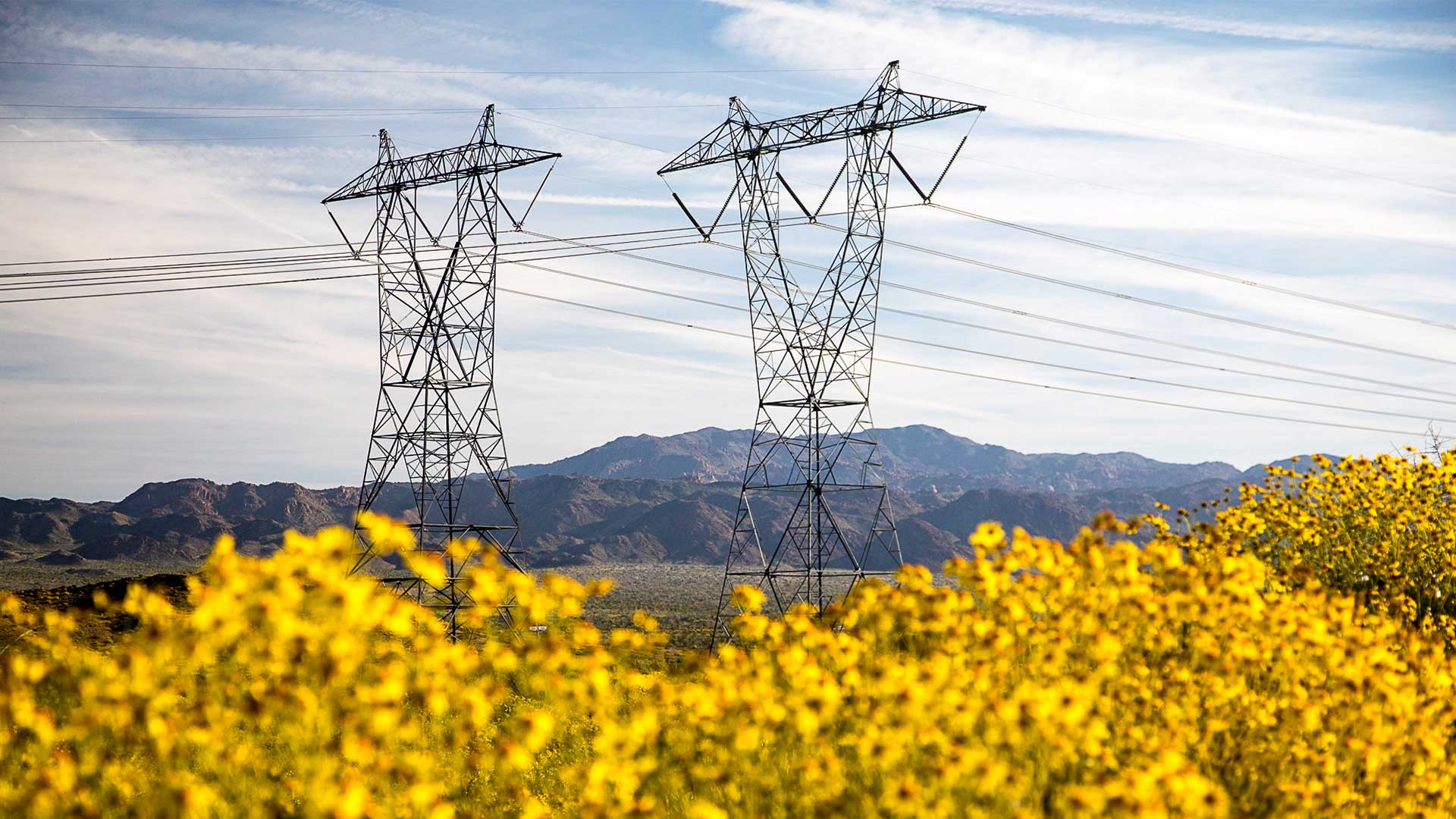Our present system of global capitalism is flawed. While it has produced immense wealth and economic growth in nearly all regions of the world, it has also prioritized profits over people and harmful consumption practices over the needs of our planet. Sustainable development must bring about a new world order to replace the vices of global capitalism, ensuring development, human wellbeing, and environmental security. This course presents the U.N.’s Agenda 2030 and the Sustainable Development Goals as the necessary successor to laissez faire-style capitalism, and emphasizes the urgency of embracing sustainable development objectives to transform our economy into a more reactive, efficient, inclusive, and environmentally-conscious system.
This massive open online course (MOOC) provides an in-depth look at the shortcomings of our current and past global economies, and shows why and how sustainable development has become the universally-prioritized agenda for the future of our world. The topics covered range from market economics to education, gender equality, international trade, financing, and more.
